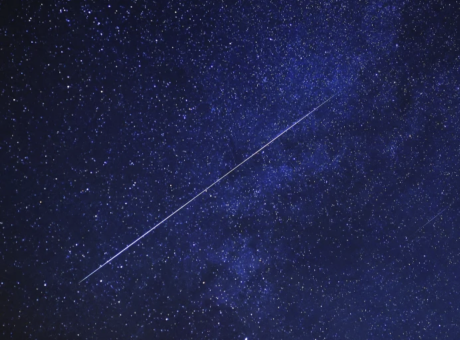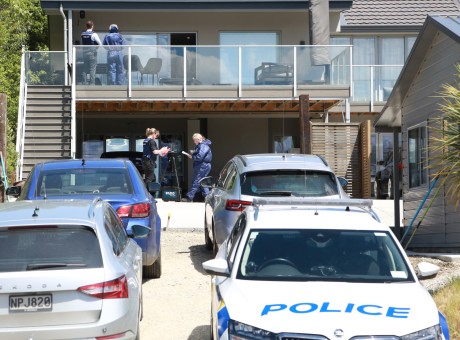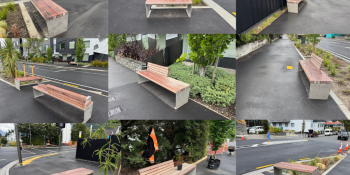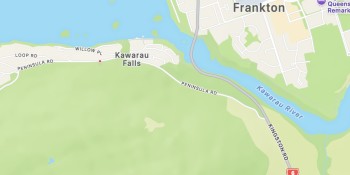Covid-19: Government agrees in principle to buy Janssen Pharmaceutica vaccines
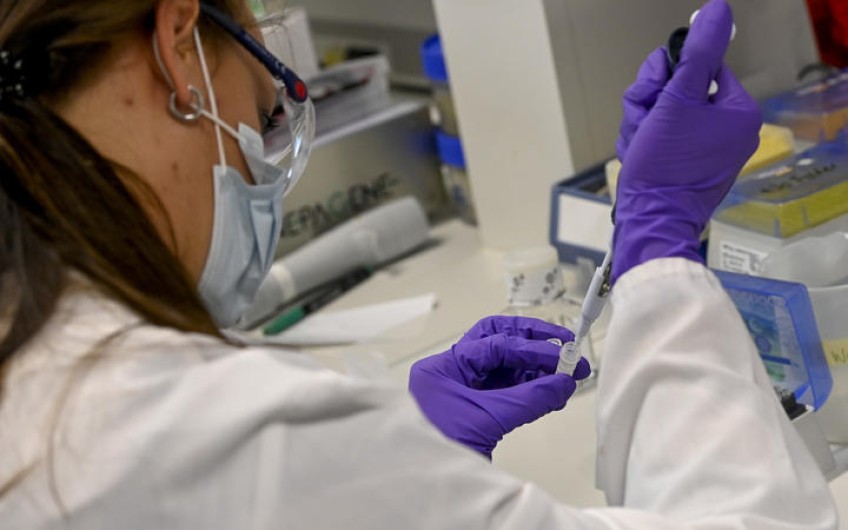
The government has reached an in-principle agreement to purchase doses of a Covid-19 vaccine for the entire population.
The agreement with Janssen Pharmaceutica is subject to the vaccine successfully completing clinical trials and passing regulatory approvals in New Zealand.
If all goes to plan, the first doses - up to two million - would be delivered from the third quarter of 2021.
The government would then have the option to purchase up to three million more doses, which would be delivered throughout 2022.
The vaccine is likely to be single-dose and compatible with standard vaccine distribution channels, so it may be more efficient to administer.
Minister of Research, Science and Innovation Megan Woods said the agreement was part of the government's plan to ensure it had access to a range of vaccine options.
"Janssen, along with its parent company Johnson & Johnson, have a very strong track record producing safe and effective pharmaceutical products for use globally and in New Zealand," Woods said.
Minister of Research, Science and Innovation Megan Woods says negotiations with other pharmaceutical companies are also underway. Photo: RNZ / Dom Thomas
"This gives us confidence in their ability to develop, manufacture and deliver a safe and effective vaccine."
The government expects to finalise a formal advance purchase agreement soon.
Negotiations with other pharmaceutical companies were in progress, Woods said, and ensuring New Zealand and the Pacific had access to safe and effective vaccines was the priority.
Woods told Morning Report that there are 240 vaccines currently under development around the world and a range of them would be available to New Zealanders.
"Our strategy is not to put all our eggs in one basket but to have a portfolio of vaccines."What we have to do is have a pipeline of a whole different suite of vaccines so we have very much decided that this portfolio approach is the best way to ensure we can get New Zealanders early access to vaccines."
Woods said one advantage with the Janssen vaccine is that it is a single dose and can be stored at standard vaccine temperatures (2C to 8C) unlike the Pfizer vaccine (-70C) so it may be better suited for distribution in the warmer Pacific climate.
The Ministry of Health was preparing for how best to deliver the vaccines once supply was available, she said.
"Ensuring equity of outcomes, including protection for Māori, Pacific peoples and our most vulnerable population groups, such as older people, disabled people, health workers, essential workers and border staff are some of our primary considerations in the availability of vaccines."
Cost would not be a barrier to being vaccinated, Woods said. Those most at risk of contracting Covid-19, those most at risk of spreading it and those with increased morbidity and mortality risk would be prioritised.
"Each vaccine is having its own immunisation plan being worked through with the Ministry of Health."
The Pfizer vaccine would be available in the early part of 2021 while the Janssen one would more likely be near the end of the year, Woods said.
Minister for Covid 19 Response Chris Hipkins said about 230 vaccines are under development worldwide and New Zealand was talking to all of the companies.
"As we sign pre-purchase agreements we are releasing those," he told Morning Report. "It's obviously a highly competitive field.
"We're doing everything we can, first to make sure that we are getting a good supply of vaccines as they're available, but also we're in a position to be able to distribute them.
The government was unlikely to buy five million doses all at once, and will end up with a variety of vaccines, so decisions will be made on who gets immunised first based on scientific findings and risk factors.
"So, who are the people most at risk of having an adverse reaction if they got Covid-19, but also what's the science telling us about each individual vaccine. Some vaccines, the research will say, are more effective with some people than others, and have higher risk for some people than others, and that's not going to be the same for every vaccine."







